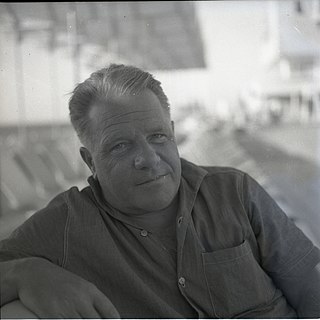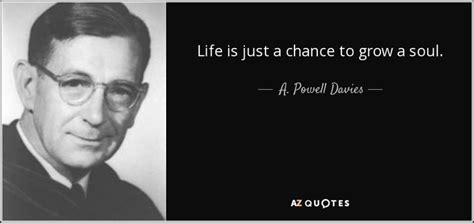A Quote by Roger Scruton
Faith exalts the human heart, by removing it from the market-place, making it sacred and unexchangeable. Under the jurisdiction of religion our deeper feelings are sacralized, so as to become raw material for the ethical life: the life lived in judgement.
Related Quotes
The heart is our hidden center, beyond the grasp of our reason and of others; only the Spirit of God can fathom the human heart and know it fully. The heart is the place of decision, deeper than our psychic drives. It is the place of truth, where we choose life or death. It is the place of encounter.
Here is the point about myself and my co-thinkers. Our belief is not a belief. Our principles are not a faith. We do not hold our convictions dogmatically. We believe with certainty that an ethical life can be lived without religion. And we know for a fact that the corollary holds true - that religion has caused innumerate people not just to conduct themselves no better than others, but to award themselves permission to behave in ways that would make a brothel-keeper or an ethnic cleanser raise an eyebrow.
We cannot but recognize that, in practical terms, defending human life has become more difficult today, because a mentality has been created that progressively devalues human life and entrusts it to the judgement of individuals. A consequence deriving therefrom is lessened respect for the human person, a value that lies at the foundation of any form of civil coexistence, over and above the faith a person may profess.
Western liberal humanism is not something that comes naturally to us: like an appreciation of art or poetry, it has to be cultivated. Humanism is itself a religion without God-not all religions, of course, are theistic. Our ethical secular ideal has it's own disciplines of mind and heart and gives people the means of finding faith in the ultimate meaning of human life that were once provided by the more conventional religions.
The human species has all but lost its heart; we gave it up for the illusionary fruits of the material world. But a life without heart is a life without life force. The psyche, as well as the body, needs both heart and brain in order to survive. Like Chinese women who bound their feet and the could no longer walk freely, we have bound our hearts, and thus stunted our growth as moral beings.
Like sheaves of corn it gathers you unto itself. It threshes you to make you naked. It sifts you to free you from your husks. It grinds you to whiteness. It kneads you until you are pliant. And then it assigns you to its sacred fire, that you may become sacred bread for God's sacred feast. All these things shall love do unto you that you may know the secrets of your heart, and in that knowledge become a fragment of Life's Heart.
Under the Providence of God, our means of education are the grand machinery by which the 'raw material' of human nature can be worked up into inventors and discoverers, into skilled artisans and scientific farmers, into scholars and jurists, into the founders of benevolent institutions, and the great expounders of ethical and theological science.
Sometimes I knew in all my mind and heart why I had done what I had done, and I welcomed the sacrifice. But there were times too when I lived in a desert and felt no joy and saw no hope and could not remember my old feelings. Then I lived by faith alone, faith without hope. What good did I get from it? I got to have love in my heart.









































